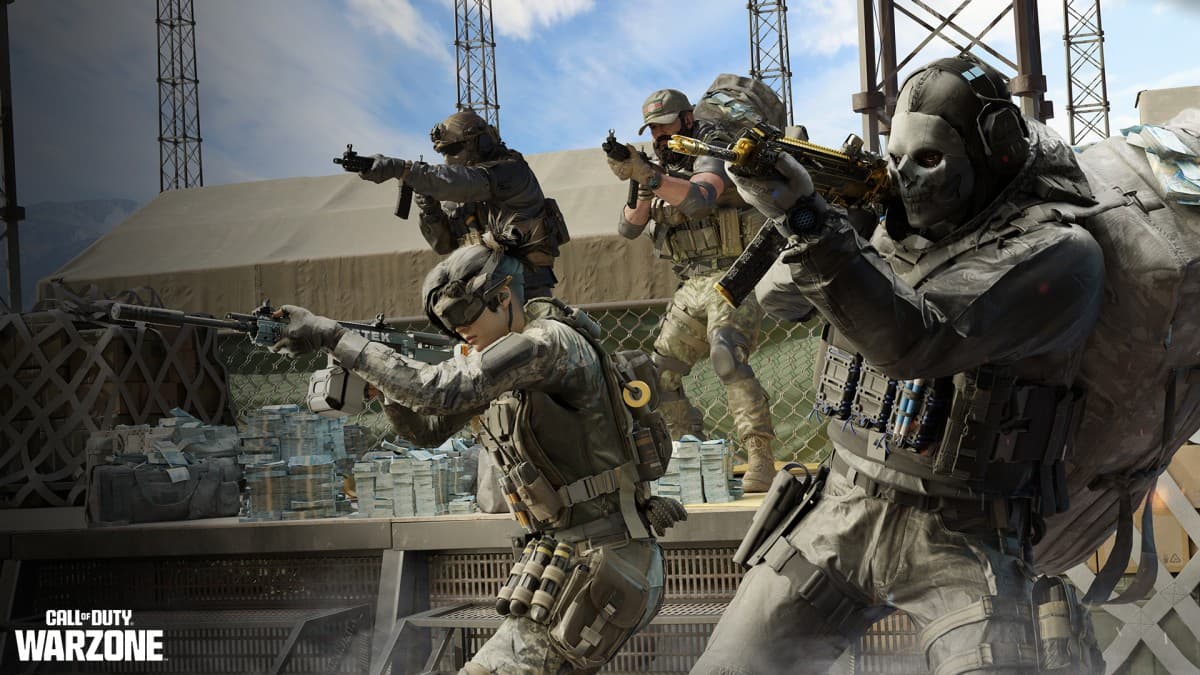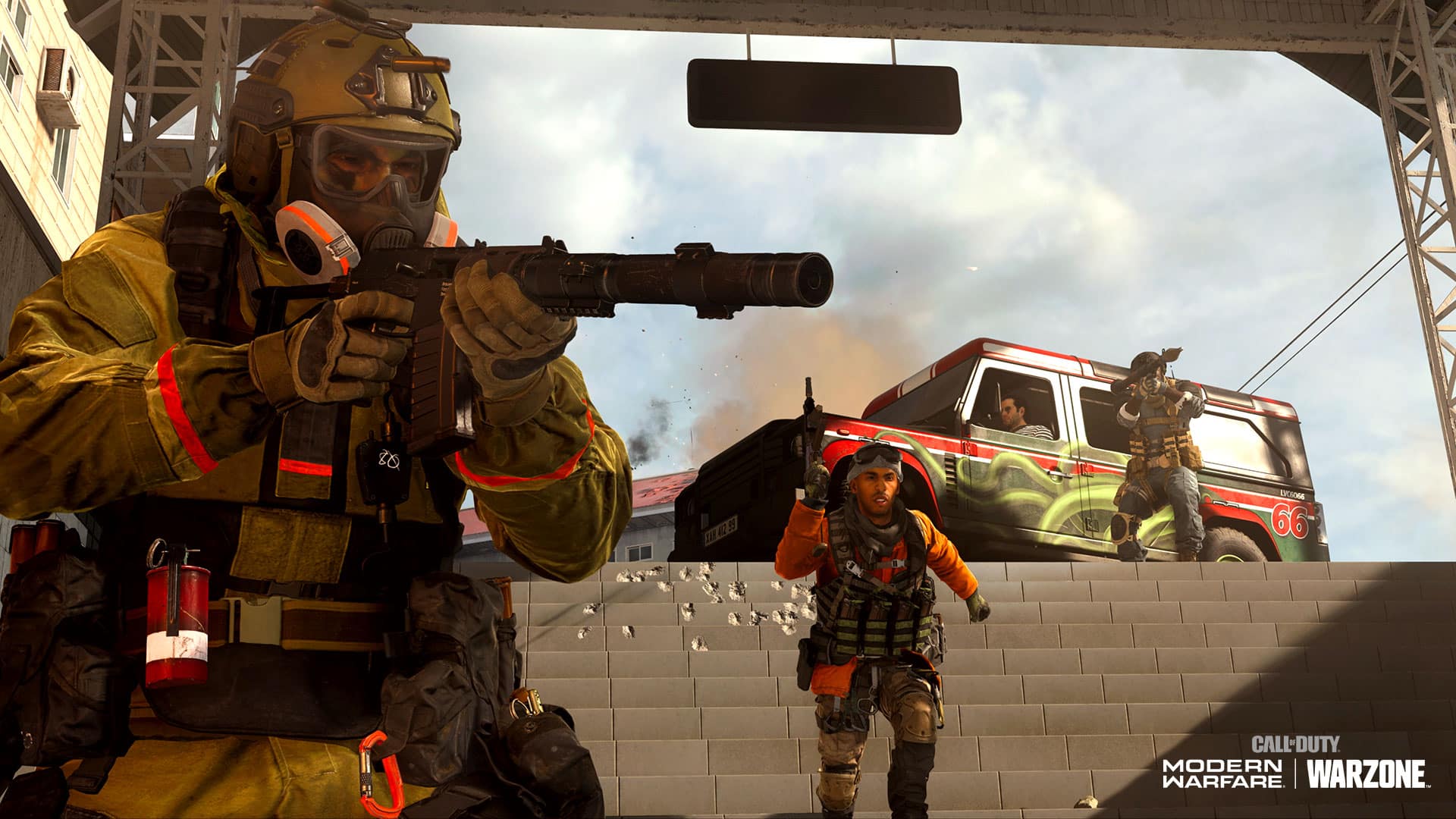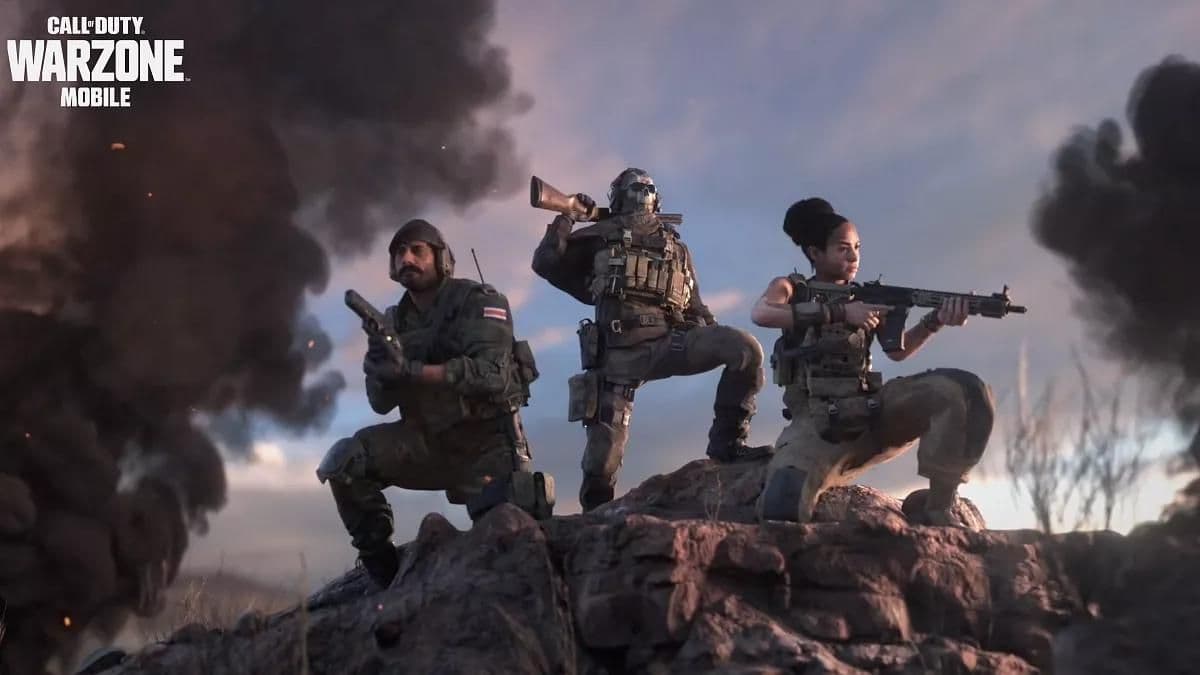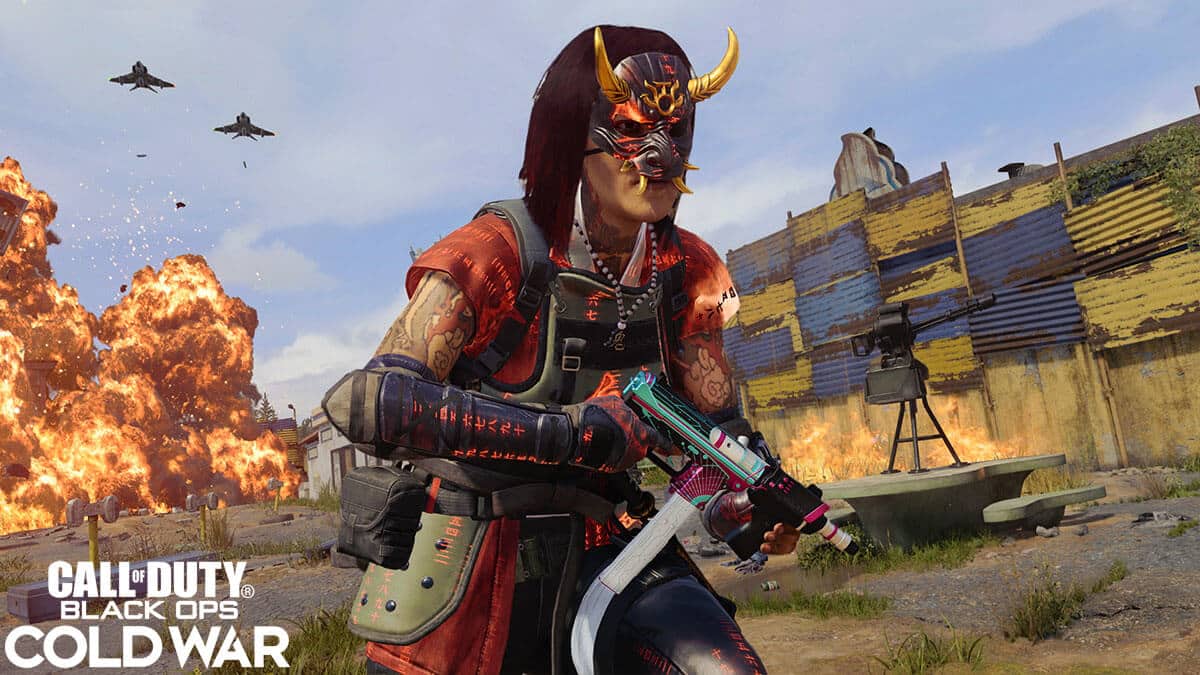Best PC Settings for Warzone Pacific Season 5
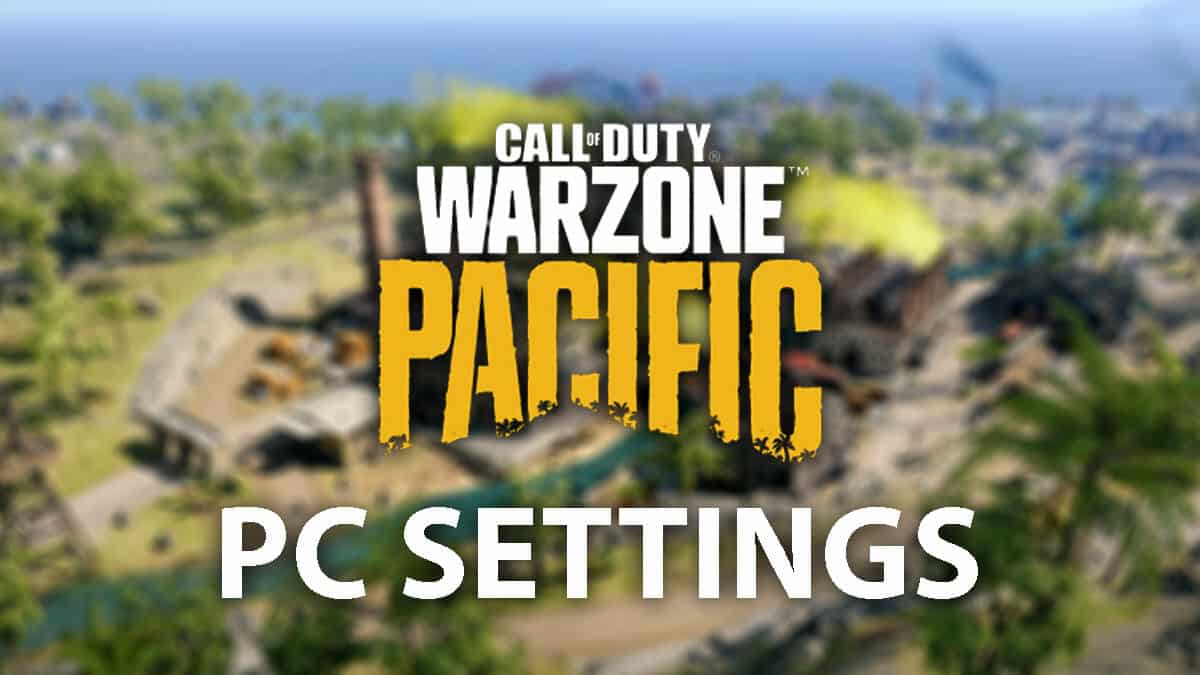
Making sure you have the highest FPS possible in Warzone Pacific can give you an advantage over your opponents, so we’ve put together the ultimate best PC settings guide to make the most of your hardware in Season 5.
Warzone Pacific Season 5 has brought fresh content for players, introducing the RA 225 SMG, Caldera map changes, and major weapon buffs and nerfs. With all the new content, some may think figuring out the best weapons to use is the key to victory. However, as always, having the best settings can improve your output massively, especially on PC.
When playing Warzone, you want to have the highest frames-per-second possible. Not only will your game feel smoother and more enjoyable, but your reaction time and ability to track moving targets will improve immensely.
To get you the best performance from your gaming rig, we’ve put together the best Warzone PC settings and filters you can use to have the game looking and performing at its best.
- Call of Duty Warzone system requirements
- How to update graphics drivers
- How to use NVIDIA DLSS in Warzone
- Best Warzone graphics settings for low-end hardware
- Best Warzone graphics settings for high-end hardware
- How to use NVIDIA filters in Warzone
Call of Duty Warzone system requirements
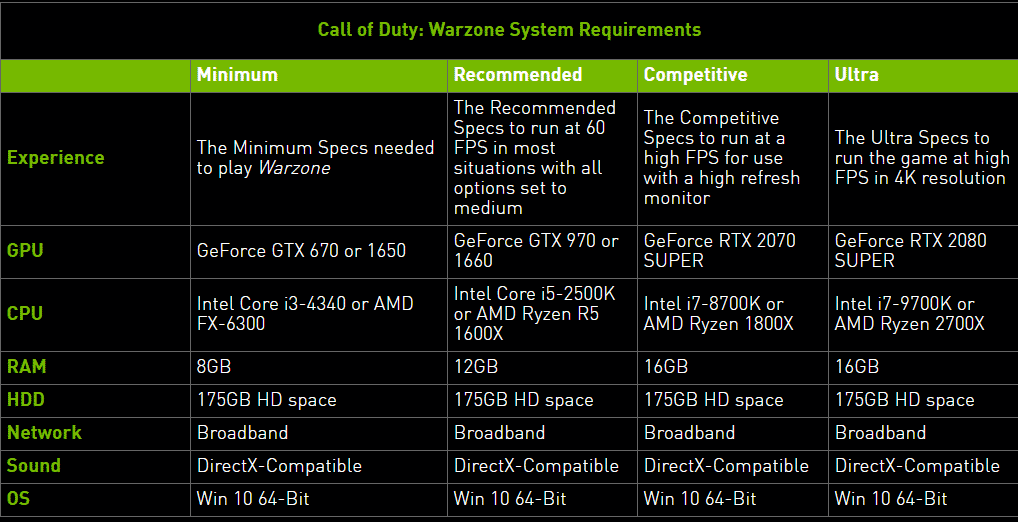
Before playing Call of Duty: Warzone, you need to make sure your system can run the game. Using a PC that doesn’t fulfill the basic requirements will have the game run so poorly that it’s unplayable.
By looking at these settings, you’ll have a strong indication of how well Warzone will run on your PC. However, they may not be completely accurate now that Warzone has shifted to Caldera.
Read on for the optimal settings for both frame rate and visuals, no matter your gaming rig.
How to update graphics drivers
To get the optimal performance from your system and make Warzone run as smoothly as possible, you need to make sure your graphics drivers are up-to-date.
Here’s how to update your graphics drivers.
How to update NVIDIA graphics driver
If you have an NVIDIA graphics card, the GeForce experience app will handle this for you.
- Download GeForce experience through NVIDIA.com
- Open GeForce experience
- Select the ‘Drivers’ tab
- Click ‘check for updates’ in the upper right corner
- If an update is available, follow the steps
How to update AMD graphics driver
If you have an AMD GPU, you can use the Radeon Settings to update your drivers.
- Right-click on your desktop
- Select AMD Radeon Settings
- Click on the Home icon
- Click ‘New Updates’ on the bottom left
- Select ‘check for update’
- If an update is available, follow the steps
How to use NVIDIA DLSS in Warzone Pacific
What is NVIDIA DLSS in Warzone?
NVIDIA’s DLSS (or Deep Learning Super Sampling) technology allows players with RTX graphics to see much higher FPS when playing Vanguard and Warzone at a high resolution.
DLSS sets your game to a lower resolution, increasing performance, but giving the appearance of high resolution. It’s the perfect combination of visuals and performance.
NVIDIA says you can see an FPS boost of up to 70% while playing Warzone at 4K.
How to turn on NVIDIA DLSS in Warzone
If you have an NVIDIA GPU, turning DLSS on is simple in Warzone. You can find it in the Post-Processing Effects tab of your graphics settings.
From there, you can set DLSS to be either Ultra Performance, Performance, Balanced, or Quality.
If you’re seeing FPS dips in Caldera, we’d recommend setting it at Ultra Performance or Performance. If you have a 30 Series graphics card, Balanced or Quality are excellent middle grounds.
Best Warzone graphics settings for low-end hardware
For a smooth experience, you want Warzone to remain above 60 FPS. However, you may notice that some pockets of Caldera will cause FPS drops. If you have an older graphics card such as the NVIDIA 1000 series, you’ll want to use the graphics settings below to make Warzone as smooth and pleasurable to play as possible.
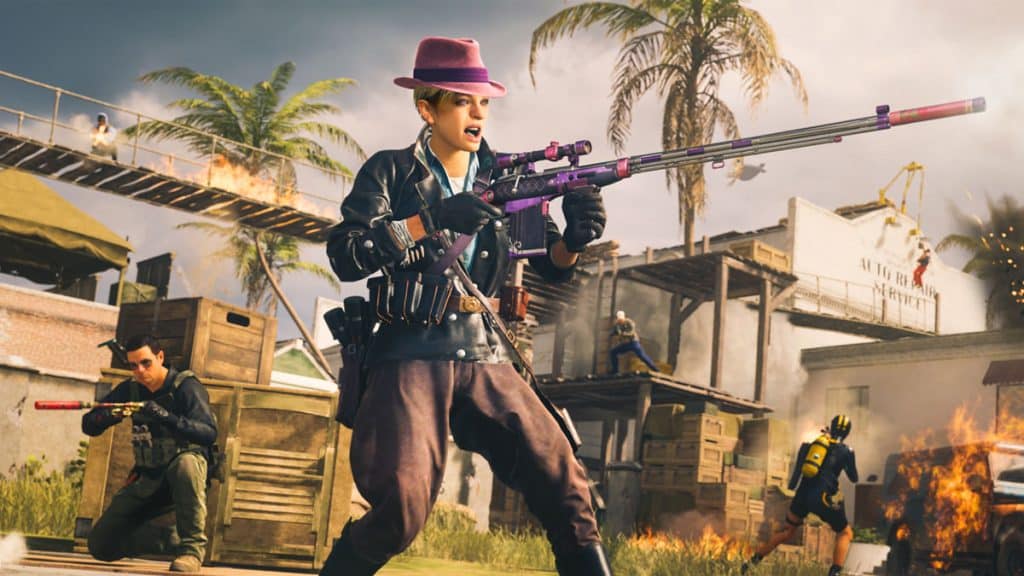
Display
- Display Mode: Full Screen
- Display Monitor: The monitor you wish to play Warzone on
- Display adapter: Your graphics card
- Screen Refresh Rate: Match your monitors refresh rate
- Render Resolution: 100% (Reducing will reduce your resolution below 1080p)
- Aspect Ratio: Automatic
- V-Sync: Disabled
- Custom Framerate Limit: Custom
- NVIDIA Highlights: Disabled
- NVIDIA Reflex Low Latency: Enabled + Boost
When setting a custom framerate, you want to set the Gameplay Custom Framerate limit to match your monitor’s refresh rate, e.g 144 FPS on a 144hz monitor. If your frames exceed your monitor’s refresh rate, you could see screen tearing.
You should set the Menu Custom Framerate Limit to 60, and the frame rate to Minimized to 5, which is the lowest option.
Details & Textures
- Streaming Quality: Low
- Texture Resolution: Low
- Texture Filter Anisotropic: Low
- Particle Quality: Low
- Bullet impacts and sprays: Disabled
- Tessellation: Disabled
- On-demand Texture Streaming: Disabled
When playing Warzone on an older gaming rig, you’ll need to sacrifice visual quality for performance. We recommend having everything here on Low or Normal so your game isn’t choppy and frustrating to play.
Shadow & Lighting
- Shadow Map Resolution: Low
- Cache Spot Shadows: Enabled
- Cache Sun Shadows: Enabled
- Particle Lighting: Low
- DirectX Raytracing: Disabled
- Ambient Occlusion: Disabled
- Screen Space Reflection (SSR): Disabled
If you have less than 16GB of RAM in your PC, we recommend disabling Cache Spot Shadows.
Post Processing Effects
- NVIDIA DLSS (NVIDIA RTX cards only): Performance
- Anti-Aliasing: Off
- Depth of Field: Disabled
- Filmic Strength: 0.00
- World Motion Blur: Disabled
- Weapon Motion Blur: Disabled
- Film Grain: 0.00
No matter how powerful your system is, you should always disable Motion Blur and Filmic effects. These unnecessary effects give more visual noise to your game, making it look worse for no reason.
Best Warzone graphics settings for high-end hardware
When playing Warzone on a high-end gaming rig, you want to take full advantage of your expensive hardware. If you’re playing on a top-of-the-range NVIDIA 2000 or 3000 series card, you can crank up the visuals and still maintain a competitive FPS.
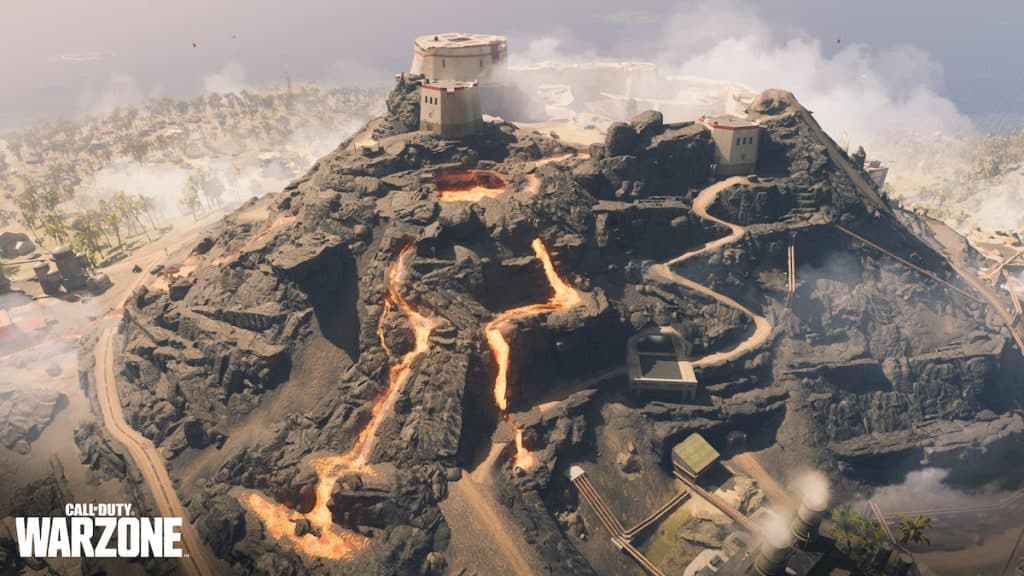
Here are the best graphics settings for playing Warzone on the best hardware.
Display
- Display Mode: Full Screen
- Display Monitor: The monitor you wish to play Warzone on
- Display adapter: Your graphics card
- Screen Refresh Rate: Match your monitors refresh rate
- Render Resolution: 100% (Reducing will reduce your resolution below 1080p)
- Aspect Ratio: Automatic
- V-Sync: Disabled
- Custom Framerate Limit: Custom
- NVIDIA Highlights: Disabled
- NVIDIA Reflex Low Latency: Enabled + Boost
When setting a custom framerate, you want to set the Gameplay Custom Framerate limit to match your monitor’s refresh rate, e.g 165 FPS on a 165hz monitor.
You should set the Menu Custom Framerate Limit to 60, and the frame rate to Minimized to 5, which is the lowest option.
Details & Textures
- Streaming Quality: High
- Texture Resolution: High
- Texture Filter Anisotropic: Low
- Particle Quality: High
- Bullet impacts and sprays: Enabled
- Tessellation: Disabled
- On-demand Texture Streaming: Disabled
Shadow & Lighting
- Shadow Map Resolution: High
- Cache Spot Shadows: Enabled
- Cache Sun Shadows: Enabled
- Particle Lighting: High
- DirectX Raytracing: Disabled
- Ambient Occlusion: Disabled
- Screen Space Reflection (SSR): Disabled
Raytracing will be an unnecessary hit to your system, even on top-of-the-range GPUs and CPUs. To get the best balance between visuals and performance, you’re better off leaving Raytracing disabled.
Post Processing Effects
- NVIDIA DLSS: Balanced
- Anti-Aliasing: SMAA T2X
- Depth of Field: Disabled
- Filmic Strength: 0.00
- World Motion Blur: Disabled
- Weapon Motion Blur: Disabled
- Film Grain: 0.00
Even with a powerful system, you should always disable Motion Blur and Filmic effects when trying to use the best Warzone PC settings. These unnecessary filters will create visual noise and make your game look worse without any advantages.
How to use NVIDIA filters in Warzone Pacific
If you’ve ever wondered why streamers’ and content creators’ versions of Warzone are so bright and colorful, the answer is NVIDIA filters.
Topic begins at 7:20
These filters applied over your game can increase brightness and color saturation, making Warzone a much more visually appealing game. Even though the pesky Roze skin was nerfed a few seasons ago, dark-colored Operator skins such as the Night Terror skin can blend into the environment. We’d only recommend using these on a high-end system, as it will give a slight hit to your FPS.
YouTuber JGOD has created an in-depth guide on how to use these filters to make Caldera look great.
Here’s a summary of how to apply NVIDIA filters to Warzone.
- Open GeForce Experience
- Go to Settings
- Enable in-game overlay
- Launch Warzone
- Open GeForce Experience’s in-game overlay with Alt+Z
- Go to ‘Game Filter’
- Use these settings:
Details
- Sharpen: 33%
- Clarity: 57%
- HDR Toning: 25%
- Bloom: 0%
Color
- Tint Color: 0%
- Tint Intensity: 0%
- Temperature: 0
- Vibrance: 56.8
Brightness / Contrast
- Exposure: 0%
- Contrast: 9%
- Highlights: 0%
- Shadows: -40%
- Gamma: 0%
Your game will now look even more bright and vibrant, making Warzone a pleasure to look at and play.
No matter your gaming rig, you can use these settings when playing Call of Duty: Warzone on PC, to get the optimal performance and visuals.
If you’re still experiencing low frames, it could be something wrong with your system or settings, so here’s how to fix low FPS issues in Warzone Pacific.
Image Credits: Activision / NVIDIA
